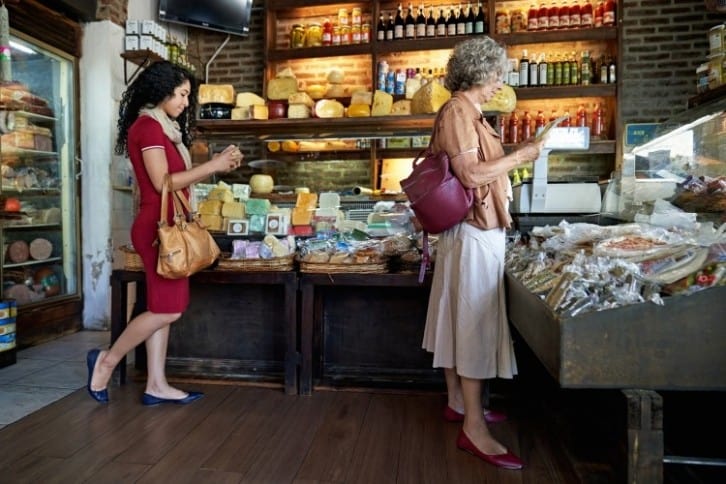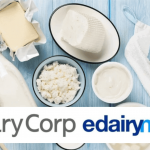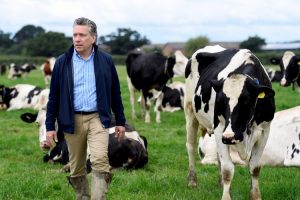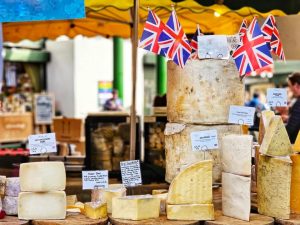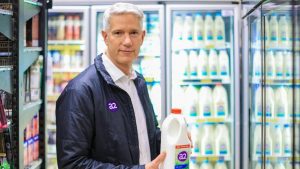
Many specialist cheese companies have undergone brand refreshes and relaunches in a bid to attract a younger generation of shoppers – but are they targeting the right consumer group?
Britain’s farm retail industry generates £1.4bn/$1.74bn per year, according to 2022 research carried out by Harper Adams University and funded by the Farm Retail Association. There are more than 1,500 farm shops nationwide, a third of which have opened in the last decade. Despite the economic uncertainty triggered by the pandemic, the vast majority of retailers (89%) have experienced an increase in sales since 2019.
Brexit and food security concerns have driven consumers towards buying more locally-produced food – according to Statista, the share of domestic food consumed nationwide rose to a new high of 58% in 2021, up from 54% in 2020. Shopping attitudes have also shifted in favor of local stores – Statista reveals that around 40% of adult consumers intended to increase purchases from local stores in 2019, versus 60% in 2020.
The pandemic also influenced shopper behavior, with more younger consumers visiting farm and speciality food stores in 2020, while over 55s – the most frequent users of such stores pre-pandemic – are opting to shop online.
This behavior trend has influenced product and brand development in the last two years. Bold messaging around sustainability was evident across many of the stalls we visited at this year’s Speciality & Fine Food Fair as producers promoted offerings designed to appeal to a younger demographic.
Cheesemakers rebrand with louder branding and sustainability messaging
Farmer-owned co-operative Organic Herd, which rebranded from Omsco in August 2023, presented for the first time its range of 14 new products of flavored and traditional butters, drinking chocolate, chocolate bars, and cheese. Wrapped in colorful packaging – from magenta and teal to navy and yellow – emblazoned with a playful typeface, the consumer-facing range is ready to go into delis and farm shops nationwide. Project manager Richard Lakeman told DairyReporter that one of the co-op’s priorities is to get its message about the importance of organic farming through to consumers – especially younger ones. “We are trying to be disruptive,” he told us. “Organics have been undervalued in the UK, and we want to get consumers to think about how we farm.”
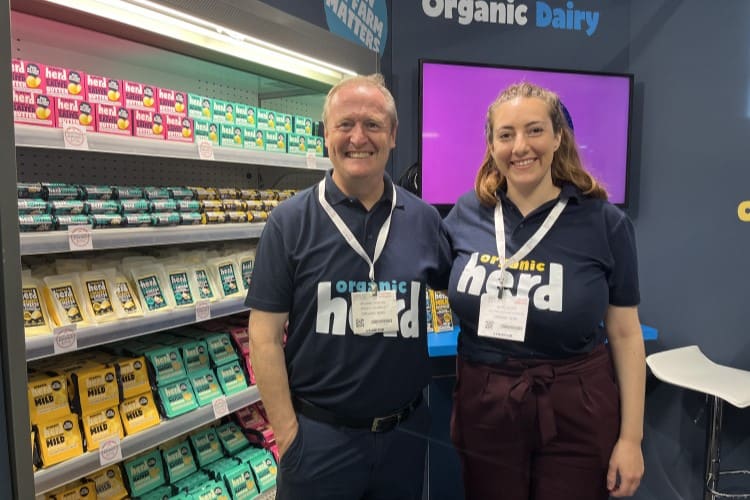
Pointing towards the ‘How We Farm Matters’ badge splashed across the front label of each item, he added that the range may appeal to those who buy into the co-op’s values and are climate-conscious. “Our cows are grass-fed and also free range, and our farmers don’t use herbicides, which helps with biodiversity in the areas where they farm,” Lakeman said. “This launch is so exciting for them because it really brings something new to the table – and all profits will benefit the same farmers who make them.”
Asked about the consumer group the co-op is targeting, Lakeman said it’s the younger demographic, including Gen Z. “This is the challenge we have at our hands, convincing the younger shoppers who are more concerned about their impact on the environment to buy into the organic ethos.”
This sentiment was shared by the team at Golden Hooves, the consumer brand of dairy co-operative First Milk. Leona McDonald, business unit director at First Milk, told us it was important to get across the message about regenerative agriculture and how the co-op’s farmers are making a difference through actions such as soil carbon sequestration. “It’s a mindset and it never stops,” she told us. The co-op’s focus on regenerative ag is hoped to help attract younger shoppers to Golden Hooves’ range of cheddars – which now includes a Vintage Cheddar which was presented at the tradeshow alongside the brand’s Mature Cheddar product. “We are definitely seeing more young people in farm shops than we did before,” McDonald told us. “They care more about the environment and where their food comes from. So we want to tap into that emotional side. And it helps that our cheese tastes good!”
Somerset-based organic cheddar producer Godminster also underwent a rebrand recently. Founded in 1993 and today offering a range of flavored and traditional cheddars in various shapes and sizes, the company’s new branding took two years to be realized and offers throwbacks to the region’s rich history and, well, traditions in dairy farming and cheesemaking.
Another British cheese producer present at the show, the Cheshire Cheese Company – which was acquired by Joseph Heler last year – also revealed new branding in 2023, giving its cheeses ‘a contemporary look’ with the hope this would create a ‘cohesive first impression’ to new customers.
Cheesemakers want Gen Z to take note – but what do young shoppers want?
Convincing climate-conscious millennials and Gen Z shoppers to purchase dairy products through taste and sustainability messaging is an obvious avenue to pursue, but as with any business venture, there are risks.
While millennials appeared to be ‘the biggest advocates’ for shopping at farm shops (41%), according to 2021 research by HGEM, all other age groups favored premium supermarkets.
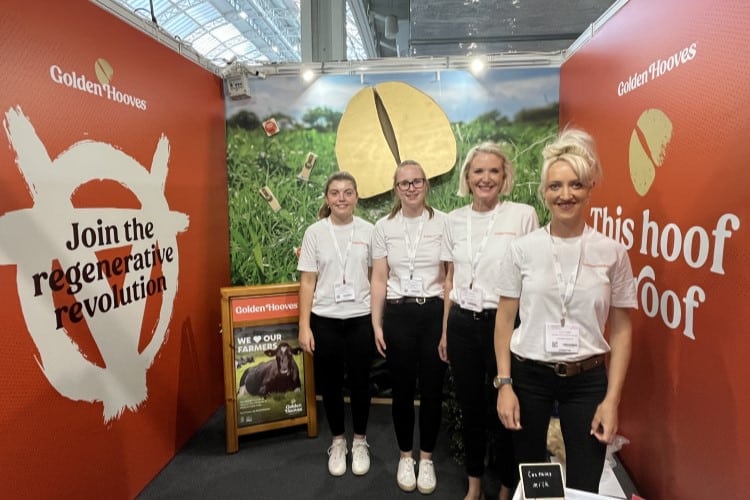
While there’s been a growth in the number of younger consumers visiting speciality and farm shops in recent years, older, wealthier demographics still form a large part of the consumer base. Younger shoppers are also increasingly interested in dairy alternatives, with 49% of Gen Zers stating they ‘felt ashamed’ to order dairy in public.
But there are other factors that make this demographic unpredictable. Ayisha Koyenikan, associate director at Mintel, was among the panelists during a discussion entitled Exploring the Power of Insights for NPD held at the show. She revealed that Gen Zers value affordability and taste above all else. “If you believe the media, you would think Gen Z are sober, super health-conscious, eco-warriors, all their actions lead to saving the planet. But there is a huge gap between their aspirations and their behaviors.
“If you ask Gen Z what their priorities are about food and drink, ethics comes so far down the scale.” – Ayisha Koyenikan, Mintel
“Many of them still live with their parents – they don’t have the money to buy the most ethical or the healthiest products. If you believe the hype and don’t convince them that your product is tasty and it’s good value for money, you are going to fail.”
DairyReporter asked Koyenikan if dairy producers we saw at the show were taking too big a risk with product lines designed to appeal to the younger generation, particularly Gen Z. “What we need to remember is that Gen Z isn’t monolithic,” she told us. “There are Gen Zers to whom these products would appeal, such as those who are older and who have the disposable income and the interest in trying something new and indulgent.
“But then [producers] need to focus on values, on getting their messaging across. And also be mindful of things like packaging choices or portion sizes and formats that would appeal to that demographic.”
